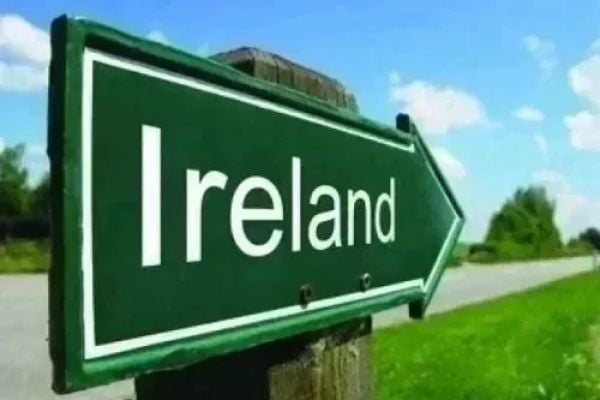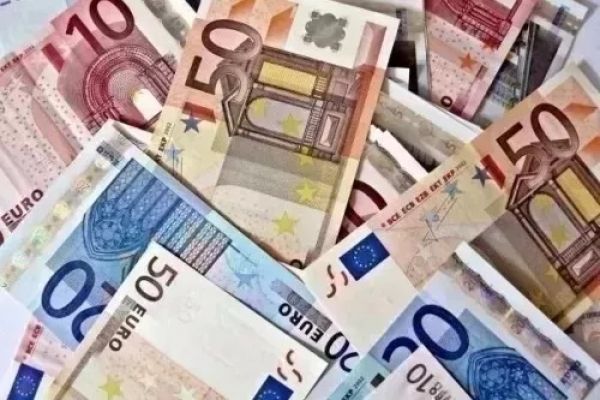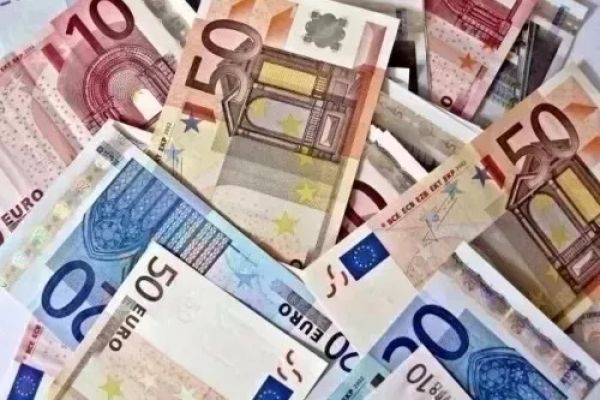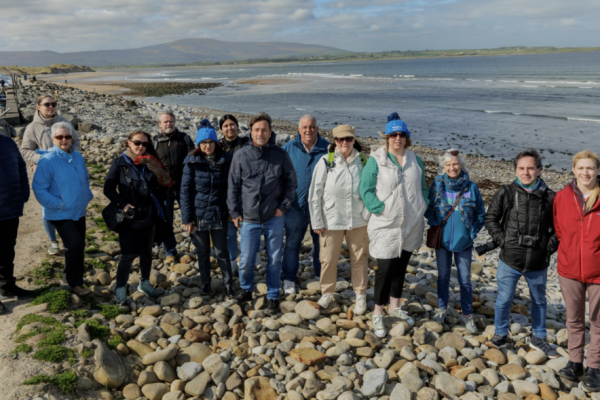CSO statistics concerning overseas visitors figures for Ireland during the first quarter of 2017 showed that the number of trips to the country by non-residents increased from 1.785 million to 1.796 million, compared to the first quarter of 2016.
However, 796,000 British visits were recorded between January and March, compared with 851,000 for the same period last year - an indiction that the impact from Brexit is continuing to be felt by the tourism industry here.
The number of nights spent in Ireland by overseas travellers decreased by 4.1%, down from 11.6 million to 11.1 million on the same period for 2016, while the average duration of trips to Ireland fell from 6.5 nights to 6.2. Total touism and travel earnings from overseas visitors increased by 1% to €939 million, while total expenditure decreased by 1.3% to €684 million, excluding fares.
Trips out of the country by Irish residents, on the other hand, increased by 6.2% to 1.569 million, with total tourism and travel expenditure by Irish residents overseas decreasing by 1.3% from €971 million to €958 million.
Commenting on today's statistics, Tourism Ireland CEO Niall Gibbons noted that "Despite strong growth in visitor numbers from North America (+13%) and from long-haul markets including Australia (+16%), a decline of 7% in British visitors has led to an overall drop of 1% in overseas visitors to Ireland in the first quarter of 2017. As anticipated, the challenge of Brexit for Irish tourism is very real and we’re beginning to see the impact of currency changes in today’s CSO results.”
Gibbons went on to assert that. "Tomorrow (15 June), I will lead a delegation of senior Irish tourism industry representatives to London for a roundtable meeting with key players in the British travel trade. We will discuss how Tourism Ireland and the tourism industry can best respond to the challenges posed by Brexit."









